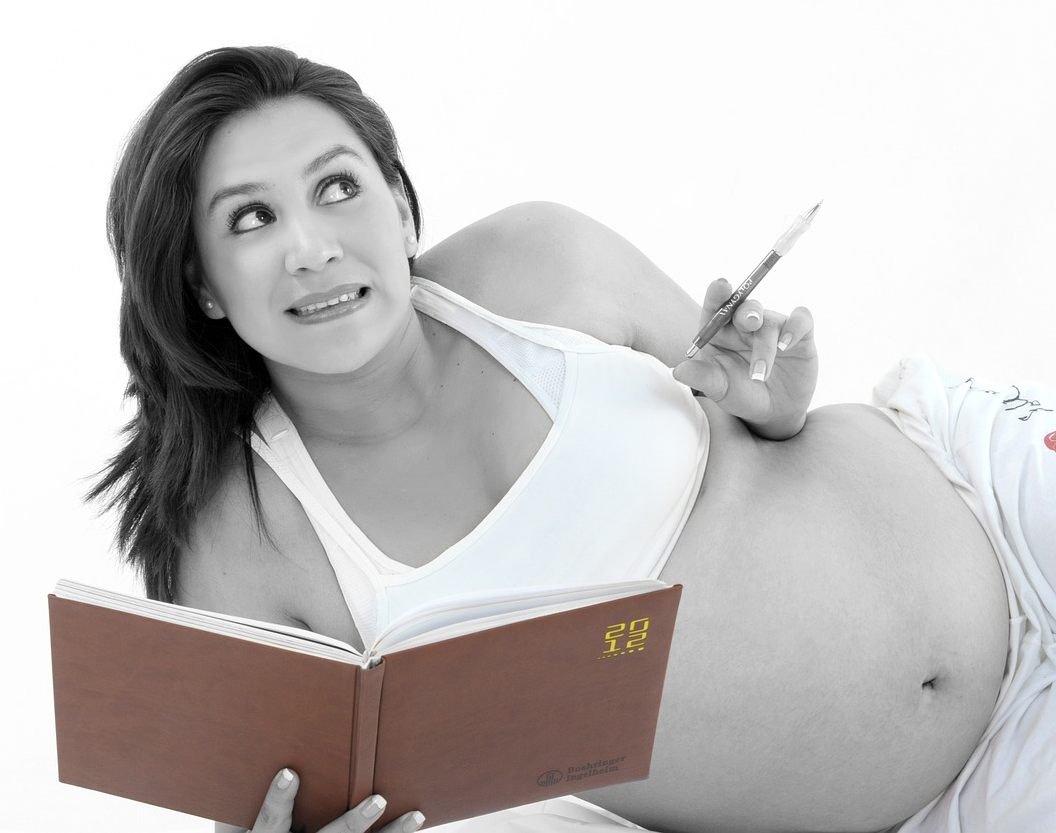Taking a pregnancy test is one of the best ways to determine whether or not you are with child. That said, you can look out for a number of signs that can point to you being pregnant. However, it’s also best to keep in mind that each woman is different.
Meaning, they will have different experiences: some may not even have any of the symptoms listed here while some may not show the signs during their second pregnancy.
The signs listed here are the common early symptoms associated with pregnancy. Although they may be linked to you being with child, it’s not to be taken as something conclusive. The only way to know for sure is to take a pregnancy test.

Early Pregnancy Signs
Some of the early pregnancy signs will begin to show about a week or two after a missed period. Some women – 60% of them – experience symptoms about the time they are six weeks pregnancy while a good portion – about 90% – feel the signs when they are eight weeks along. These are the common signs of early pregnancy:
A missed period
Although a missed period is the most obvious sign of pregnancy, it isn’t always caused by a baby growing inside your womb. There are reasons, other than pregnancy, that can cause you to miss your period or have it delayed for a few days.
Fatigue, weight loss, weight gain, and stress are just few of the reasons for a missed period. This is why it’s always best to take a pregnancy test to verify if you really are with child. Think of the absence of your menstruation as a warning sign and not conclusive evidence.
Since bleeding can also occur during pregnancy, it’s always best to be aware of the normal amount and what’s not. When you can confirm that you’re pregnant, ask your doctor about bleeding during pregnancy.
Nausea
Of all the symptoms listed here, nausea or morning sickness may be the most common sign of pregnancy among women. Despite that, not every woman will experience the urge to throw up each morning.
Although morning sickness has been associated with pregnancy for a long time, the reason behind it isn’t so clear. It is said that pregnancy hormones might have something to do with it.
Nausea, for some women, subsides by the time they hit 13 to 14 weeks. However, other women are not so lucky as it will be with them throughout the course of their pregnancy.
Food Aversions
Hormonal changes can cause you to hate food you normally like. In some cases, you will yearn for food that you used to hate. Although this is one of the quirks of being pregnant, not every woman will go through such a thing.
Food cravings aside, it’s also important to eat a healthy diet when you’re carrying a child. Keep in mind that you are the source of nutrition for your unborn child so along with consuming food that seems irresistible to you, it’s best to mix some healthy stuff in there too for the good of your baby.
Fatigue
Although it’s normal to be tired, feeling very much so should be taken as a hint. A lot of women feel fatigued a week after conception. This is caused by an increase in progesterone levels but can also be caused by low blood pressure, a boost in blood production, and low levels of sugar.
If pregnancy is confirmed, it’s recommended that you get lots of rest. On top of that, you can also eat food rich in iron and protein to help with the fatigue.
A breast change
Hormone levels increase rapidly after conception. As a result, the breasts can become swollen or sore – usually about one to two weeks after conception. Other changes include feeling heavier, fuller, and tender to the touch. Another thing you can look out for is the darkening of the areola.
The sad news about breast changes during pregnancy is that the discomfort might be with you for a while. Your body will slowly adjust to the new hormone levels and when it does, the pain subsides as well.
Spotting
The wall of the uterus is where a fertilized egg attaches itself. When this happens, spotting can occur. If you’re trying to get pregnant, this is one of the early pregnancy signs to look out for. Spotting when regarded in this aspect is called implantation bleeding and can happen between six to 12 days after an egg has been fertilized.
Cramping
This is very much like menstrual cramps and when coupled with spotting, can be mistaken for the start of a period.
Vaginal discharge
A milky white discharge from the vagina is also a sign of early pregnancy. The discharge is caused by increased cell growth lining the vagina. Although it’s normal for discharge to be present throughout the pregnancy, it’s best to consult your doctor when it’s associated with foul odor, itching, and burning.
These are the signs to look out for to check whether you are pregnant or not. However, these are just warning signs. It’s always advised to take a pregnancy test to be certain.



Leave a Reply